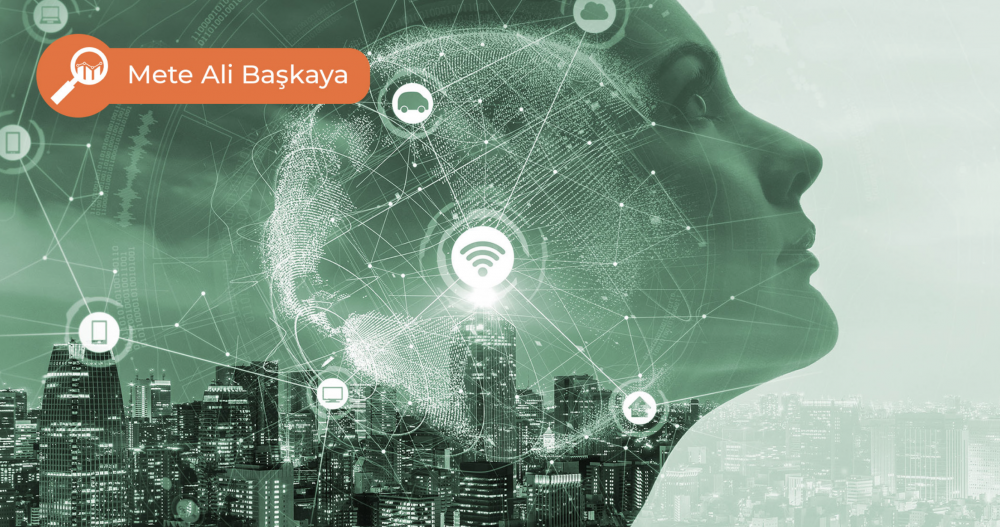Human rights are the right of individuals to have fundamental rights such as life, liberty, equality and dignity. The protection and promotion of these rights is the collective responsibility of the international community. With the rapid development of technology, innovative tools such as blockchain can make a significant contribution to the protection of human rights.
Human rights and the use of blockchain are becoming a topic addressed by more and more people. Blockchain technology is believed to have the potential to prevent and document human rights violations and bring those responsible to justice.
Blockchain technology is a decentralized, distributed and transparent ledger. This makes it almost impossible to modify or delete data. This is an important advantage for documenting human rights violations and bringing those responsible to justice.
Blockchain technology can also be used to prevent human rights violations. For example, a blockchain-based system could facilitate the reporting and investigation of human rights violations. Also, blockchain technology can be used to track the financing of human rights violations.
How can Blockchain and Human Rights be brought together on a common ground?
Blockchain offers a decentralized and transparent system of record. This can facilitate the implementation and monitoring of human rights principles. For example, a record of human rights violations can be kept.
Blockchain data cannot be changed and is accessible to everyone. In this way, transparency and accountability of human rights policies and practices can be increased.
With Blockchain, people can be given the authority to control and manage private data such as their identities, health and education information. Thus, respect for individual autonomy can be increased.
With blockchain, cooperation and coordination between human rights organizations, governments and diaspora communities can be facilitated.
Blockchain can help solve some human rights issues, such as the authentication of refugees.
How can Blockchain and Human Rights create a common future trend?
The potential for the use of blockchain technology in the field of human rights is limited by the development of the technology and the complexity of human rights issues. Any positive decision to be made means more scrutiny of technology. However, there are various ways to take advantage of the features of blockchain technology such as transparency, security, accessibility and accountability. These features can strengthen the protection and promotion of human rights.
Blockchain ensures that data is stored in an immutable and transparent manner. This could enable greater use for monitoring and reporting of human rights violations and increase the accountability of governments and corporations.
Blockchain can create secure and immutable authentication systems. This can strengthen identity management for refugees and disadvantaged groups and protect their rights, while giving us the opportunity to be used to trace the source of products.
By being included in safe and transparent voting systems in political and association culture, it can enable more use to strengthen democratic processes and increase election security. It can ensure the transparent and effective distribution of aid and donations in political and association culture. At the same time, the increase in use in humanitarian aid projects and the provision of more effective aid can become evidently accountable in the continuation of this.
It can ensure the secure and confidential storage of health records, while helping to expand the use of training and certification to increase access to education and verify qualifications. It can help expand use to increase access to healthcare and protect patients’ rights. Registry technology can provide safe and fast access to information from anywhere in every sense.
It can facilitate all kinds of disputes and legal compliance between regulators and people and ensure compliance with regulations. This can help expand use to improve compliance with human rights laws and strengthen regulatory oversight.
Future trends in the use of blockchain in the field of human rights include leveraging the technology’s features such as transparency, security, accessibility, and accountability. These trends can strengthen the protection and promotion of human rights, but at the same time challenges such as ethics, security and scalability may need to be overcome.
We, professionals, have a lot of work to do within the scope of increasing blockchain literacy and sensitivity to human rights. We should spread the blockchain knowledge in the world to the public. In this way, it can bring the use of technology in the direction of human rights and more stability without reducing the perception of technology only to cryptocurrencies.







